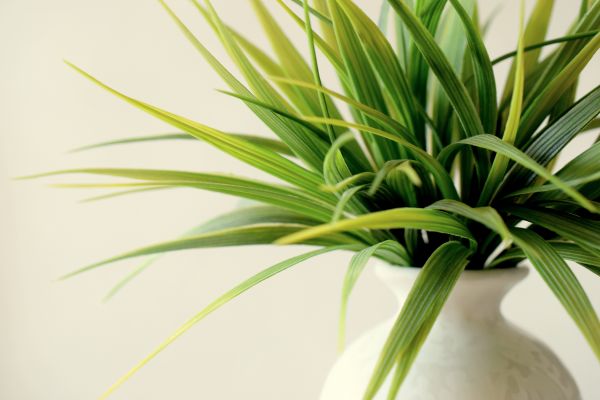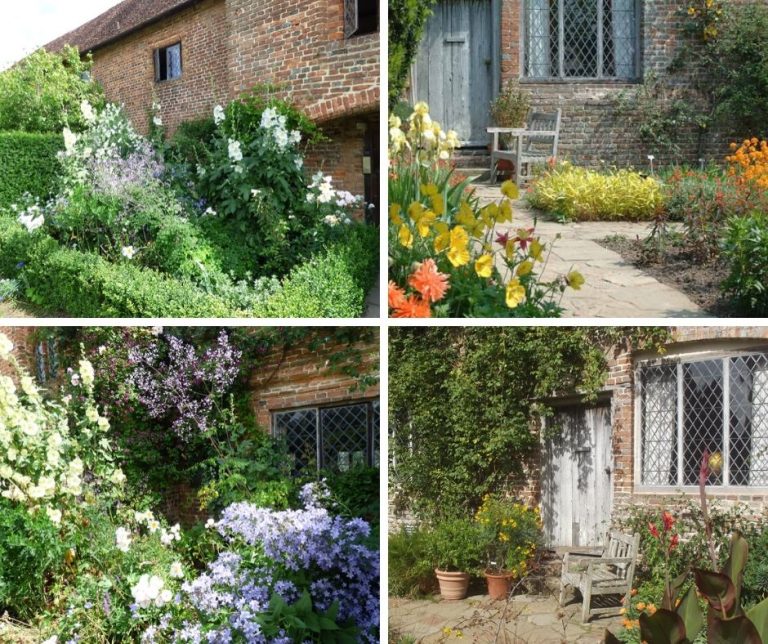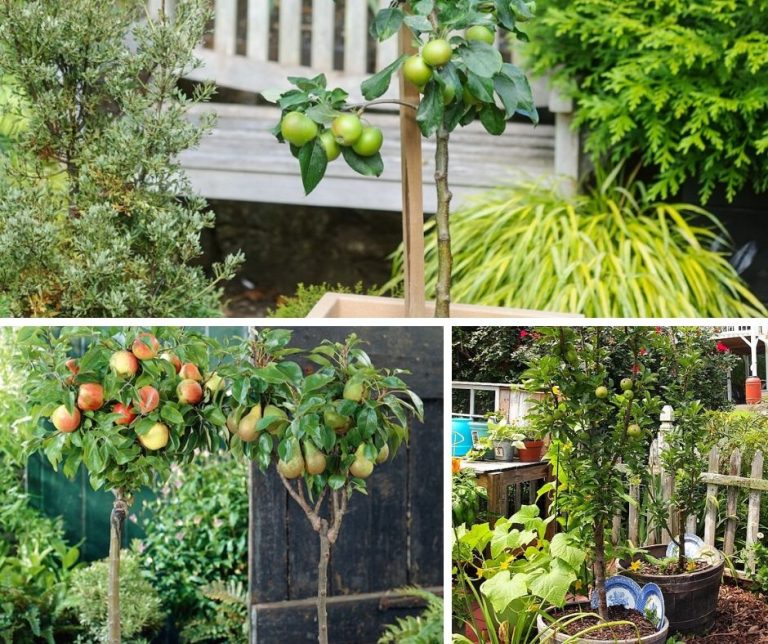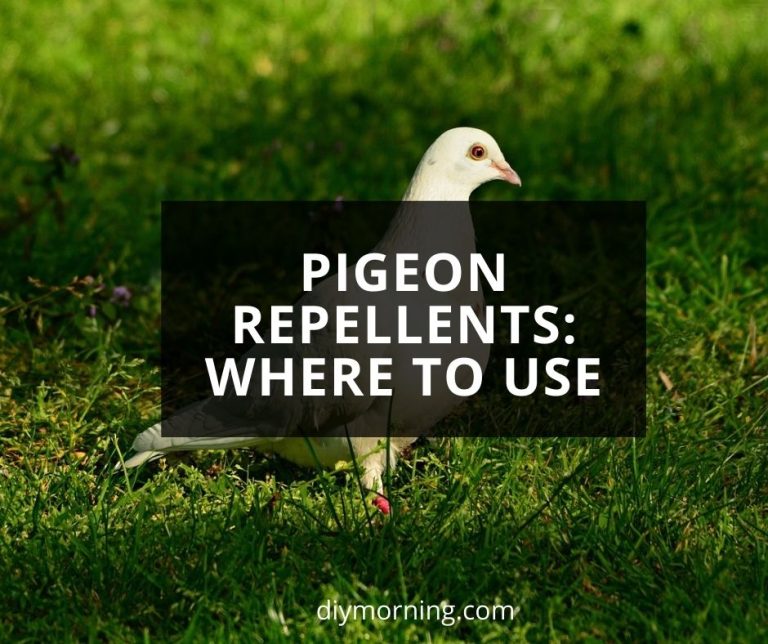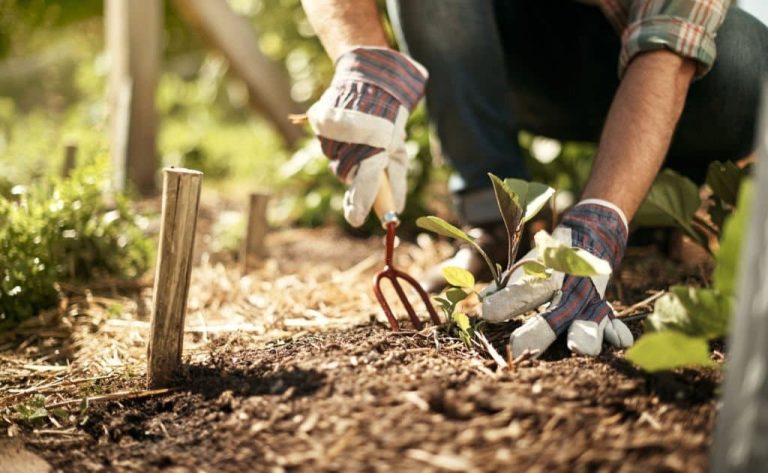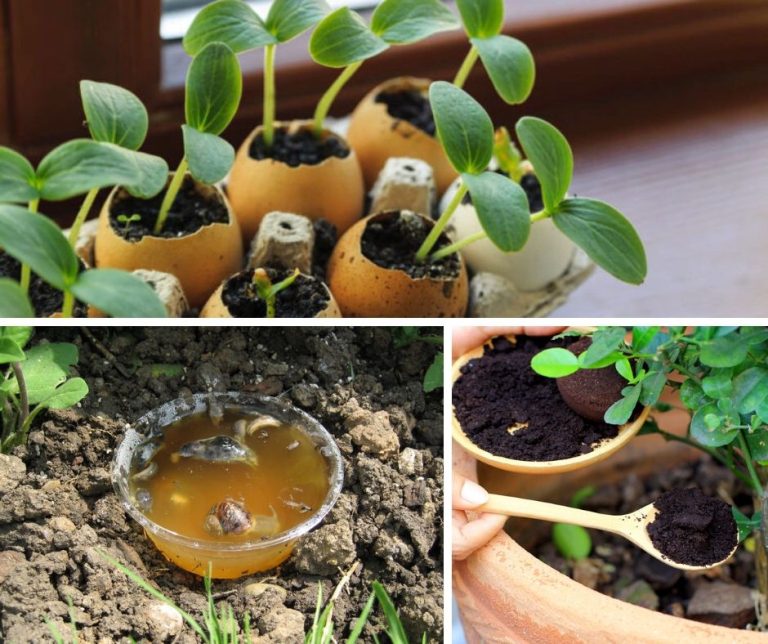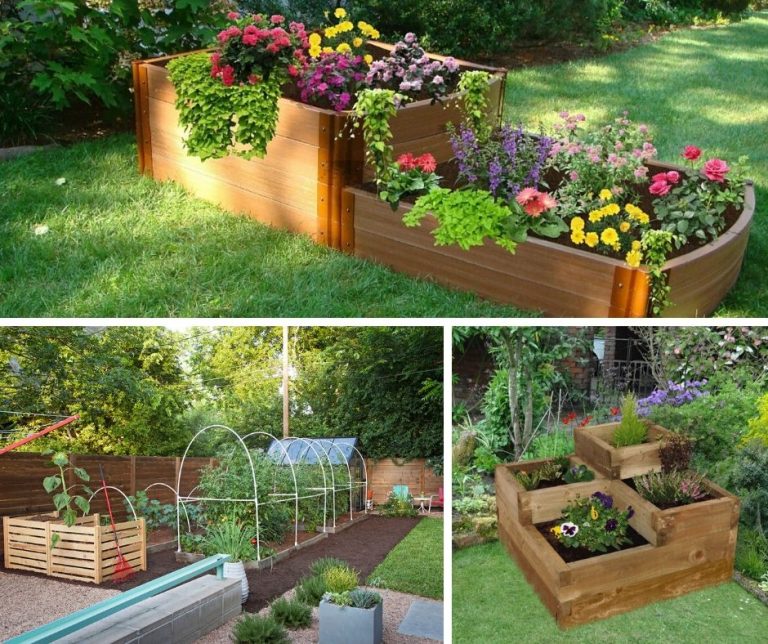Useful Pieces Of Advice To Help You Prevent Your Indoor Plants From Dying
Houseplants are pretty incredible. They do wonders for our health as they naturally provide our homes with better air quality. They also offer mental benefits as their visual appearance alone can brighten a room and improve our mood. Of course, since plants do a great job at caring for us, we need to care for them.
Indoor plants require slightly more care than outdoor plants, as they are relying on us to cultivate their environment. So to prevent your plants from dying and give them a long life span, follow these useful pieces of advice.
Table of Contents
Water Them Accordingly
Many people buy plants overlooking the fact that they all require different levels of care. Some need shelter, some need sun exposure, and not all of them need to be watered as often as you would think. In fact, the fastest way to destroy your greenery is to not follow instructions when it comes to watering them.
Sometimes observing them is a better way to gauge how much water they need rather than following a schedule. Many indoor plants die due to overwatering with owners flooding the soil, and thinking that they must water them every single day. But, you don’t want them to become dehydrated either. By reading up about your particular plant, you will know what’s best for them.
Feed Your Plants
Watering your plants is not enough nutrition for them to survive. A fertilizer can give your plants a much-needed boost. When choosing a fertilizer, however, you must do your research and know exactly how much to feed your plant.
Applying a liquid fertilizer can help feed your plant, however, foods such as garden compost, rotten manure, and seaweed are the most effective to ensure it is getting the necessary nutrients. Giving your pot too much can be detrimental to houseplants, hindering their growth and making them weak. This can then lead to them attracting pests and diseases when they are vulnerable.
Create The Right Environment
Indoor plants rely on good locations to thrive, especially since they won’t be as influenced by nature as outdoor greenery. Therefore, it is up to you to provide them with the environment in which they need to grow.
If you cannot ensure your plant gets enough sunlight, or enough shade, depending on the type of plant it is, then consider investing in helpful aids. As explained on https://www.urbanorganicyield.com/, growing tents and growing lights are necessary for indoor plants to get the resources they need to flourish. Gardening doesn’t have to be a difficult chore if you have the right, basic tips to make things easier. And it is quite rewarding to aid in the blooming of nature.
Keep Them Clean
For your houseplant to bloom, it needs to be groomed. You can wipe down the leaves with a mild cloth, especially to remove insects – just make sure you are cautious about what soap solutions you use. Make sure you also dust off the leaves frequently and remove fallen leaves and any other dead components like dormant stems. Cut these away but make sure not to damage the healthy parts of the plant.
Give Them A Trim
Much like your hair, your houseplant will need a trim from time to time. The roots can become damaged after a while, affecting growth when they are responsible for such a large amount of foliage. Trimming back the leaves can improve the health of the roots as there is less foliage to have to support.
Repot to Revitalize
Sometimes you just have to re-pot the plant altogether to prevent it from dying. While prevention methods are highly recommended, there are ways to revitalize a dying plant if you catch the signs quickly and make adjustments accordingly. A high-quality potting mix can be added to a newer, larger pot to restore your houseplant.
You can also include water-storing crystals if it has become dehydrated at that time. A fresher pot can give your plants a much-needed boost. You would be surprised how these subtle changes can bring a plant back to life. If your plant is overwatered, stop watering it, and you will notice a difference.
If your plant is getting too much sun, shade the area or move it to a darker room. Always give your plants a couple of days to respond to the changes; you may not have to watch it die after all.
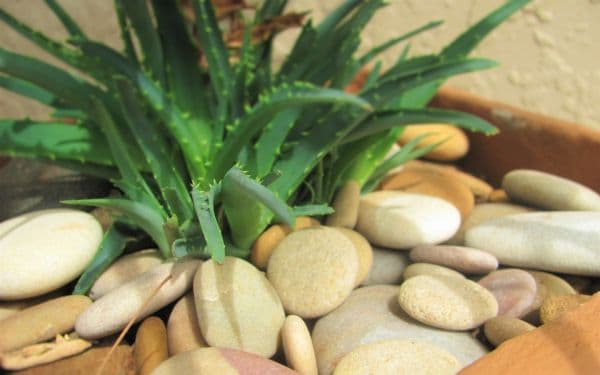
Gardening can be a very satisfying hobby; not only is it cathartic, but you actually watch how you have aided in your plants’ growth in real-time. Caring for this type of living organism that also moves, grows, and reproduces, gives you a sense of accomplishment as you exercise your nurturing side. When you maintain your plant’s health or even revitalize vulnerable foliage, you are rewarded with the many benefits plants offer us.

